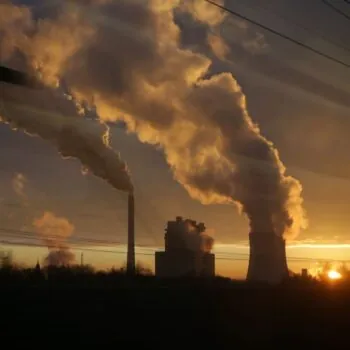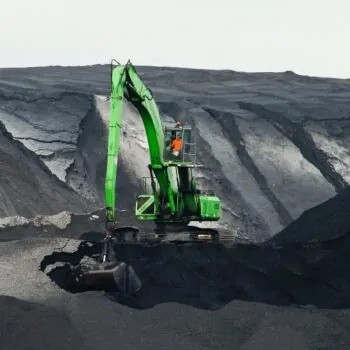The intended sale of Vattenfall’s lignite mines and power plants in Eastern Germany is riskier than prospective buyers might assume. According to a new E3G report, these assets are exposed to increasing political and economic risks as well as potential lawsuits. The profit margins for lignite are being squeezed by falling power prices and rising CO2 costs. Tighter domestic regulation on coal, and in particular lignite, is to be expected in the next few years.
As a consequence it is highly uncertain whether the purchase costs would ever be recovered by potential investors. If the sale were to be completed it would result in the Swedish state (as owner of Vattenfall) moving the risk of stranded assets on to new owners.
The broader shift away from coal across Europe suggests that the end of coal is only a matter of time. UK Secretary of State for Energy and Climate Change Amber Rudd announced this week that the UK would phase out coal by 2025. Germany is also making its first legislative moves to phase out lignite with the adoption of a “climate reserve” which mandates the closure of 2.7 GW of lignite power. The Netherlands is reportedly considering a coal phase-out as well.
Developments in the private sector are also pointing towards the end of coal. ENEL is buying out the minority shareholders of its very profitable renewables business in a sign of new energy sector priorities. A recent KPMG report predicts that increasing solar power deployment coupled with energy storage will disrupt the coal sector, posing a serious challenge to traditional business models within only a few years.
Julian Schwartzkopff, author of the report, said:
“The proposed sale of Vattenfall’s lignite business is remarkably at odds with ongoing energy market developments. Investors would only have a very small window to recoup their investment. They would be under pressure to maximise returns in a short timeframe at the expense of a managed transition out of coal in the region of Lusatia, where most of the plants are located.”
Vattenfall’s lignite plants emit more CO2 than all of Sweden so the sale would allow the company to meet its climate targets in one stroke. This would serve Sweden’s climate record but not lead to any real emissions reductions. Moreover, it is questionable how a new investor, under pressure to cut costs, would deal with the expensive challenge of post-mining rehabilitation. It is also doubtful that a new owner, without a track record of responsible governance, would be willing to address the social fallout after a possible coal crash in the Lusatia region.
Sabrina Schulz, Head of E3G Berlin office, said:
“The responsible thing to do would be for Vattenfall not to sell these stranded assets and instead engage in a constructive dialogue on a socially fair and managed transition in the region. Germany and Sweden must face up to their responsibility and show a clear transition path out of coal. The alternative would be an abrupt and disorderly end to lignite which would see the social costs borne by the lignite regions and taxpayers. Climate policy and social concerns must not be played off against each other.”
ENDS
Media Contacts
Julian Schwartzkopff, Researcher, +49 (0) 30 2887 3405, Julian.schwartzkopff@e3g.org
Dr. Sabrina Schulz, Head of Berlin office, +49 (0) 30 2887 3405, sabrina.schulz@e3g.org
Chris Littlecott, Programme Leader, +44 (0)7920 461 812, chris.littlecott@e3g.org
About E3G
E3G are the independent experts on climate diplomacy and energy policy. We work to accelerate the transition to a low-carbon economy.
E3G builds cross-sectoral coalitions to achieve carefully defined outcomes, chosen for their capacity to leverage change.
E3G is a European organisation with a global outlook and reach. We currently have offices in London, Brussels, Berlin and Washington DC, as well as a regular presence in China.


